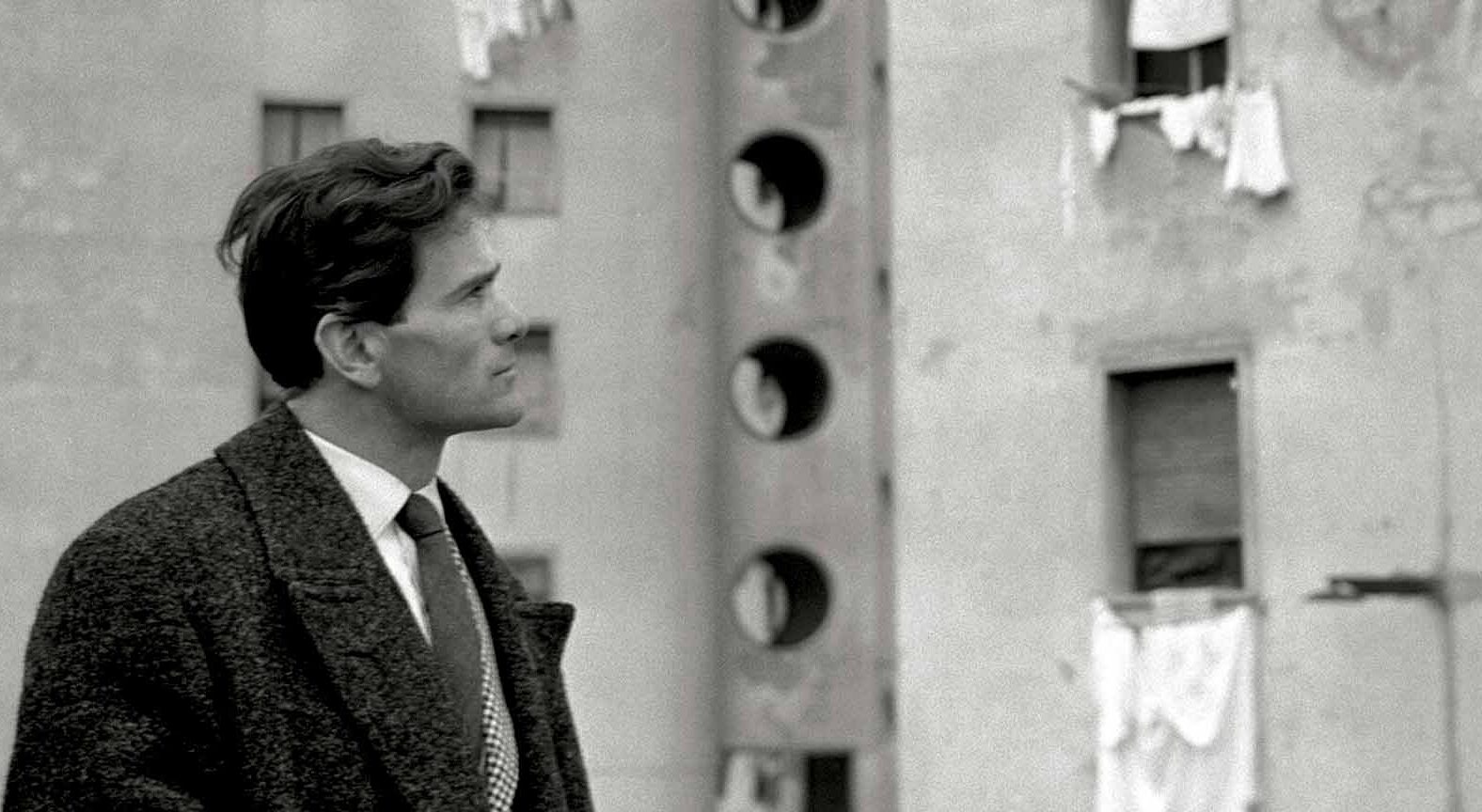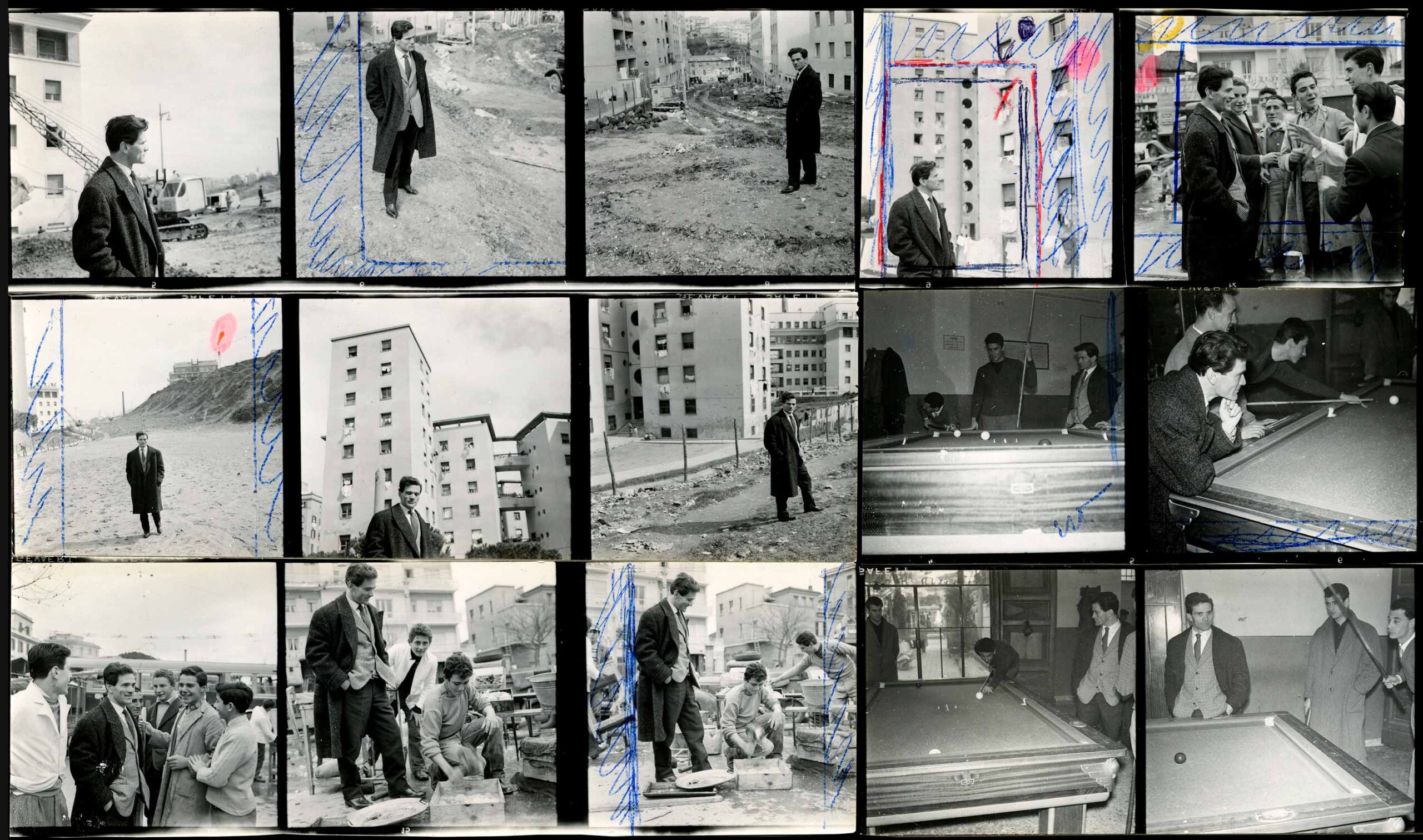Thursday, September 28 - 5.30PM
MANU Museo Archeologico Nazionale
Piazza Giordano Bruno, 1
Ignoti alla città Italia, 1958, 11’
The life of a group of Roman suburban boys amid quarrels, carefreeness, resignation and cynicism.
Children forced to grow up too fast and teenagers who make a living through thefts and robberies; some work at the market for a few liras, others rummage through garbage dumps in the hope of finding something good. It is an unconventional, stark look that intends to counter the stereotypical image of Italy of post-war reconstruction, of the consumer boom of the 1960s. The film captures the harsh reality of young people living on the outskirts of the city of Rome, in hideous concrete barracks, lost in the desolate countryside of the far suburbs.
Stendalì, suonano ancora Italia, 1960, 11′
One of the last examples of the very ancient funeral lamentation rite that still survived, at the time, in this southern strip of Apulia.
The film reconstructs one of the last examples of the very ancient funeral lamentation rite that still survived, at the time, in this southern strip of Apulia.
"Someone has died. The ringing of the bells announces it: neighbors come to console mothers, brides or sisters and mourn with them. It is the funeral visitation."
The text of the lamentations, sung in Salento dialect by the women, is interpreted in the film by actress Lilla Brignone: "it is an antidote capable of relieving the lack and emptiness of death. Popular south-people poetry to be cared for and cherished."
"The rèpute or prefiche, women who perform the lamentations, articulate the song and structured its internal tension with particular movements of the body, the head, the hands that flutter, according to particular cadences, white handkerchiefs."
La canta delle marane Italia, 1961,11’
Inspired by Ragazzi di vita, stories of boys from the Roman suburbs who meet in the summer in the marane, among games, fights and forbidden dives.
Documentary about the city suburbs, inspired by the novel Ragazzi di vita. Stories of boys from the Roman suburbs of the 1960s, who gather to spend the torrid moments of summer in the marrana and spend moments of joy and vacation, friendships and beatings, diving and games, with an escape when the guards finally arrive (bathing was forbidden in the marrana).
PPP the opening to the world Italy, 2022, 18′
by Paolo Pisanelli
Cecilia narrates Pier Paolo Pasolini's opening to the world in a video made especially for the exhibition project.


